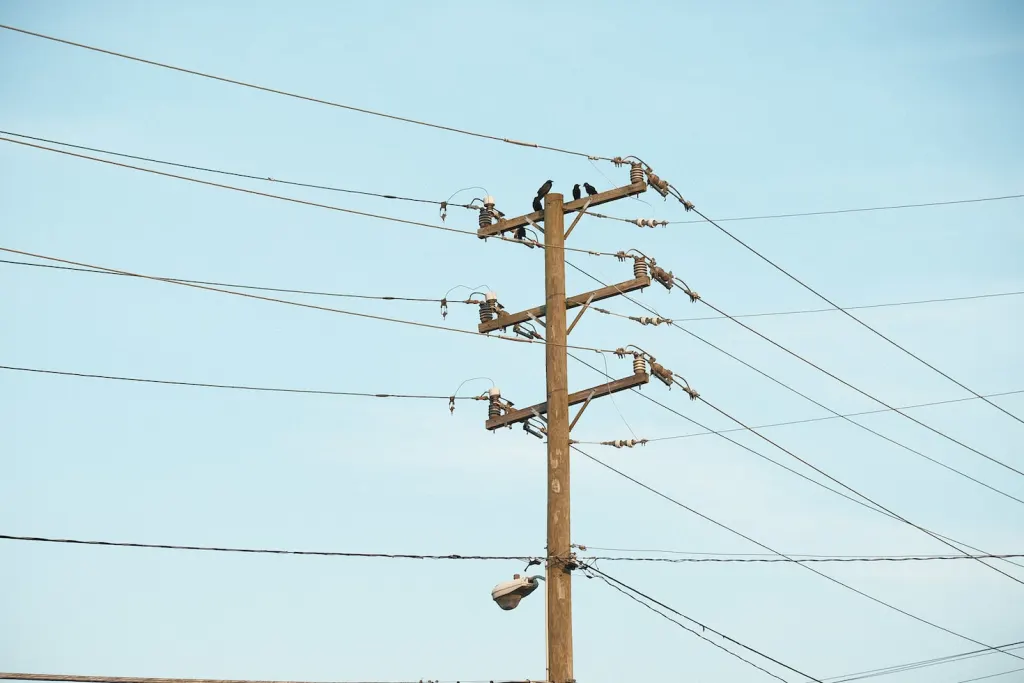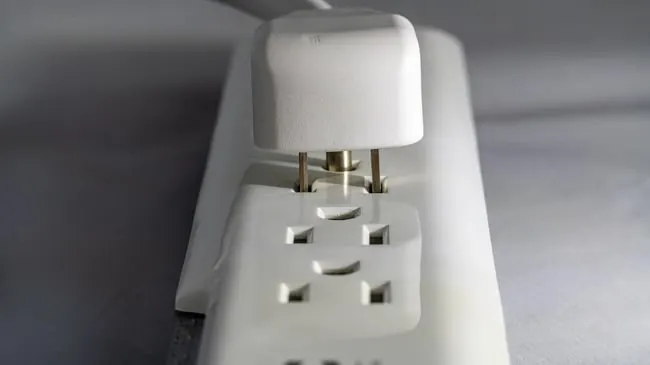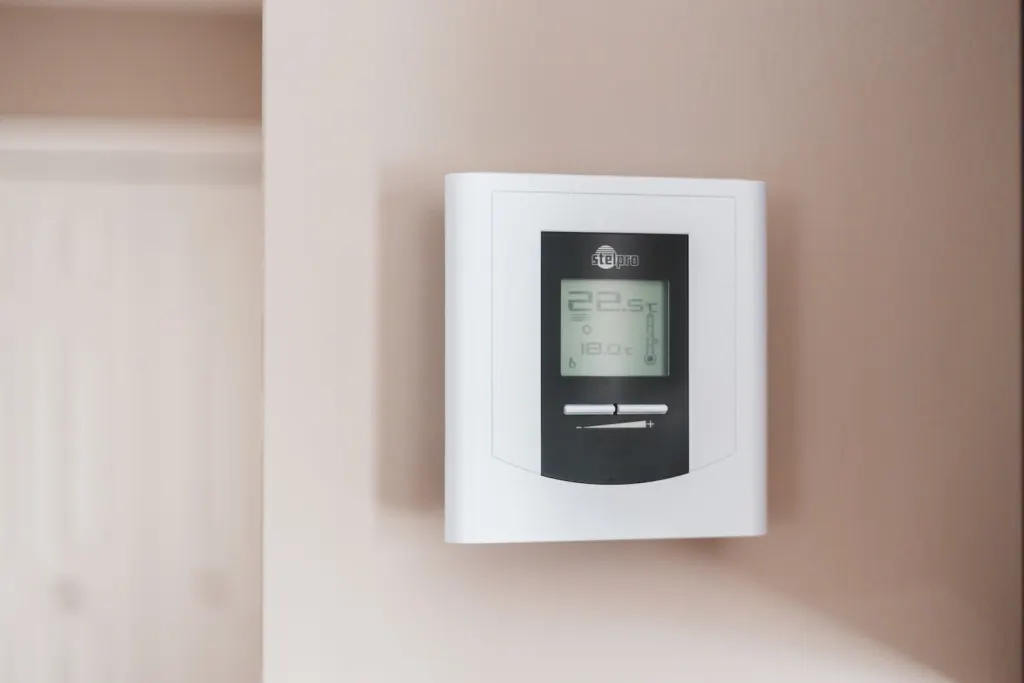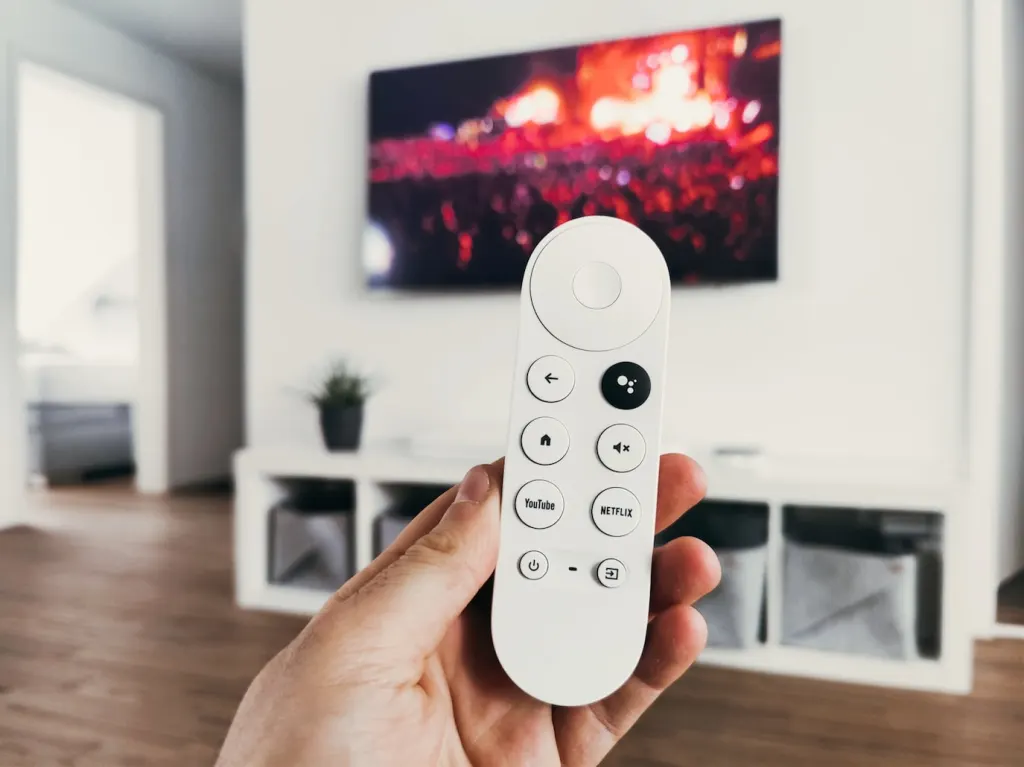Congratulations on making the move to your new apartment! If you're reading this, you're likely busy unpacking boxes and laying out fresh linen. Moving into a new home is always exciting and often overwhelming, particularly when you think about finances. Before you spring for fancy furniture, consider the two most important monthly expenses for a tenant—rent payments and utility bills. In this guide, we'll walk you through what's covered by utility bills, the average monthly costs, and planning your finances to stay within budget. Let's dive in!
What are Utility Bills?
A utility bill is a statement of the amount owed for essential services or utilities. Typically, utilities include electricity, water, and gas bills. You can also add sewage, trash, and recycling, as well as TV, internet, phone, and streaming services to the list.

⏰ TIP: Utility bills are often used as proof of residence, especially for licensing and passport needs. If you don't have a utility bill, call the issuing company directly to learn what other documents they accept, like certain tax or financial documents.
Utility Bills 101: What's Covered and for How Much?
Everyone has different lifestyles and priorities, so not everyone will be paying the same for house utilities. For instance, if you love online gaming, you're likely to use way more internet than someone who only uses the service for work or Netflix. Nonetheless, we've compiled a list of how much utility bills cost on average per month to give you a rough idea.

However, bear in mind that utility bills can differ greatly depending on the service, provider, location, and the amount used.
Electricity Bill
As of October 2021, an average US household spends $112.50 on electricity bills per month. While this may seem like a lot, the pandemic has actually lowered the national monthly average! For instance, in 2019, the monthly average for this in the US was $115.49.

This lowered electricity bill may not have you jumping for joy just yet, but trust us, when you're on a budget, every cent counts.
How can I lower my electricity bill?
Wait until you have a full load of laundry and/or dishes before starting the dryer or the dishwasher.
Make sure to switch off lights around the house when they're not in use. The same applies to personal gadgets and appliances.
Try a smart power strip, which automatically turns off the electricity when you aren't using your devices.

Water Bill
Access to clean water is your right as a renter. An average American family spends a little over $1,000 a year on water bills. This works out at about $83 per month.
How can I lower my water bill?
Check for leaky faucets, sinks, toilet valves, and showerheads.
Try tweaking your habits, for example, taking shorter showers and turning off the tap while you brush your teeth.
You can also look into installing low-flow toilets or convert your current ones. This one-time investment will pay off in the future!

Gas Bill
Do you know whether or not your house uses natural gas for space and water heating? According to the American Gas Association, nearly 50% of households do. The average gas bill is about $59 per month. Additionally, some house utility providers club electricity and gas bills together. This is where you need to read the fine print and ask your service provider if you have any doubts.
However, if you're wondering why the gas bill for your home is so high, there are two factors to consider:
First, that gas usage greatly depends on seasonal changes. For instance, you need heaters in the winters to keep you from shivering.
Secondly, in states that don't have natural reserves like Hawaii there's limited supply and higher rates.

Source: US Energy Information Administration
How can I lower my gas bill?
Check for outdated appliances around the house, like old stoves and clothes dryers. If these aren't functioning properly, they'll use more energy.
Gauge your own habits—are there any ways you can cut back? For instance, lowering your thermostat by 1° can help you save up to 3% in energy usage. Pretty easy, right
Lastly, if you're having trouble paying gas bills by yourself, you can always ask for help.

Other House Utilities
Internet
As mentioned above, no two tenants or families are the same. So, how do you decide which internet plan and service provider is best for your lifestyle? Luckily, the FCC has a handy Broadband Speed Guide, which helps you gauge your network usage and the best overall speed for your house!
Cable
We've spent a lot of time indoors over the past two years because of the pandemic. What better way to spend your time than kicking back with a bucket of popcorn and a big TV? Cable costs around $45 a month but can go up to $130 depending on the provider and number of channels. Check out this guide for the best cable providers in 2021.

Budgeting Effectively for House Utilities
Phew! We've covered all the utility bills, and now it's time to plan your monthly payments.
How can you budget effectively for utility bills?
For starters, we recommend downloading a budget app to keep track of payments.
Try the 50/30/20 rule. 50% of your income towards rents and utility bills. 30% towards wants, like vacations and spa days—20% towards saving, which includes an emergency fund, retirement accounts, and debt payments.
Calculate your bills ahead of time by using a utility bills estimator like the one designed by Reliant Energy.
Wrapping Up
Planning your finances well ahead of time will help you keep track of where your money is going and how much you can or need to cut back. Paying utility bills on time ensures that your providers don't shut off services! Try experimenting with different budget systems until you find one that works for you. This will help you avoid late fees and getting a bad credit score.
Looking to move into a new home? We can be your guarantor for a lease guarantee!



